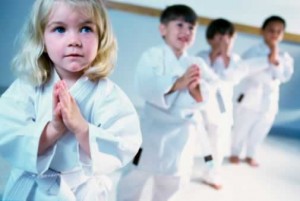
Being true ourselves is part of having integrity. When we think about integrity we also think about honesty. In fact if a person is honest they are spoken of as having integrity. We can count on them to be true to their word and we have a trust factor that is very high.
Just as important as honesty with others is, so is honesty with ourselves. Are we honest about who we are, what we like, how we act both with others and with ourselves? Are we honest to our values, morals and ethics? Especially in the tween and teen years we are very worried about fitting in and having friends. In times like that we may be afraid that others may not like us or laugh at us if we do not like, act, dress, talk the same way that they do. Yet being ourselves is part of feeling good about yourself. Lets look at an example.
Lets say you are in school and your group of ‘friends’ start talking about someone else not in the group. They may be a new person at the school. They decide that it would be ‘funny’ to play a prank on them or to say something mean to them, and you are chosen in some manner to be the one that plays the prank. Now you may not feel comfortable to do that, in fact it goes against everything you are as a person, but you are feeling the pressure of the group. What will you do?
Here is a what Professor Dumbledore told Harry Potter:
“It takes a great deal of courage to stand up to your enemies, but a great deal more to stand up to your friends.”
Being willing to stand up for what you believe in and who you are, takes courage and is what integrity to yourself is all about.

